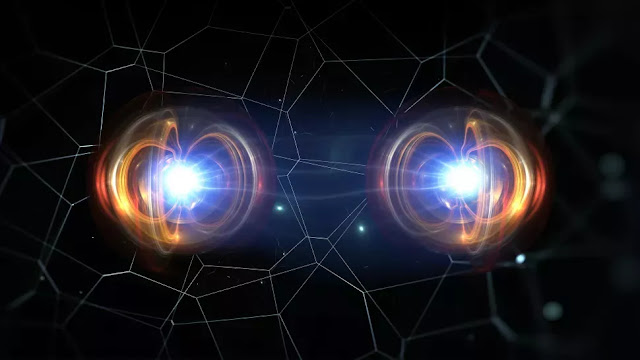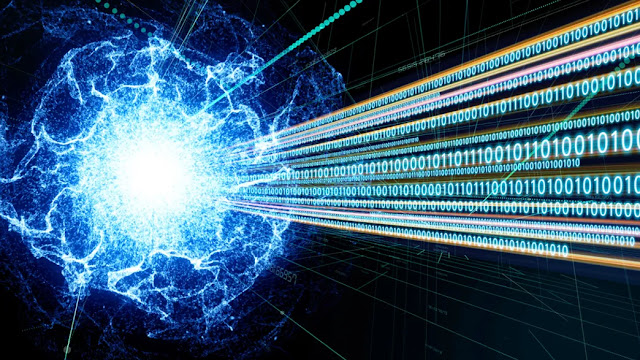Although time travel has not been achieved to our knowledge, scientists find the concept of it being theoretically possible to be fascinating.
As shown in movies like The Terminator, Donnie Darko, Back to the Future, and many more, traveling through time presents numerous difficulties to the fundamental principles of the world. For example, how can you possibly exist to go across time in the first place if you do so and stop your parents from meeting? While the “grandfather paradox” remains a major source of conjecture, Australian physics student Germain Tobar claimed in September of last year to have discovered a way to “square the numbers” and eliminate the contradictions necessary for time travel.
Tobar stated in September 2020 that classical dynamics holds that information about a system’s state at a certain point in time can reveal details about the system’s entire history. The study of dynamics is conceptually turned on its head by Einstein’s theory of general relativity, which predicts the occurrence of time loops or time travel, in which an event can occur in both the past and the future. The computations show that space-time self-adaptation to evade paradoxes is possible. Consider a time traveler who goes back in time to stop a disease from spreading. In the future, the time traveler won’t have an illness to battle if the mission is successful.
In accordance with Tobar’s findings, the paradox would be answered if the disease still managed to spread by a different route or method. Whatever the time traveler achieved, the illness would persist. Although Tobar’s work is not easily understood by non-mathematicians, it explores the ways in which deterministic processes, devoid of any randomness, impact any number of regions in the space-time continuum and demonstrates how closed timelike curves, as proposed by Einstein, can be reconciled with the principles of both classical physics and free will.
The study’s supervisor, University of Queensland physicist Fabio Costa, remarked, “The math checks out, and the results are the stuff of science fiction.” The most recent study resolves the conflict with an alternative theory that states that time travel is possible but has restrictions to avoid creating paradoxes. Paradoxes are impossible in this fictitious world where time travelers are free to do as they like.
The time machines that scientists have developed thus far are still merely equations on paper since they are so novel. Although the math could add together, physically bending space and time to travel back in time is still a long way off. Costa asserts, “No matter how hard you try to construct a paradox, the events will always correct themselves to avoid any inconsistency.” Our discovery of numerous mathematical tricks shows that time travel with free choice is not paradoxical and is logically consistent with our reality.





Nah